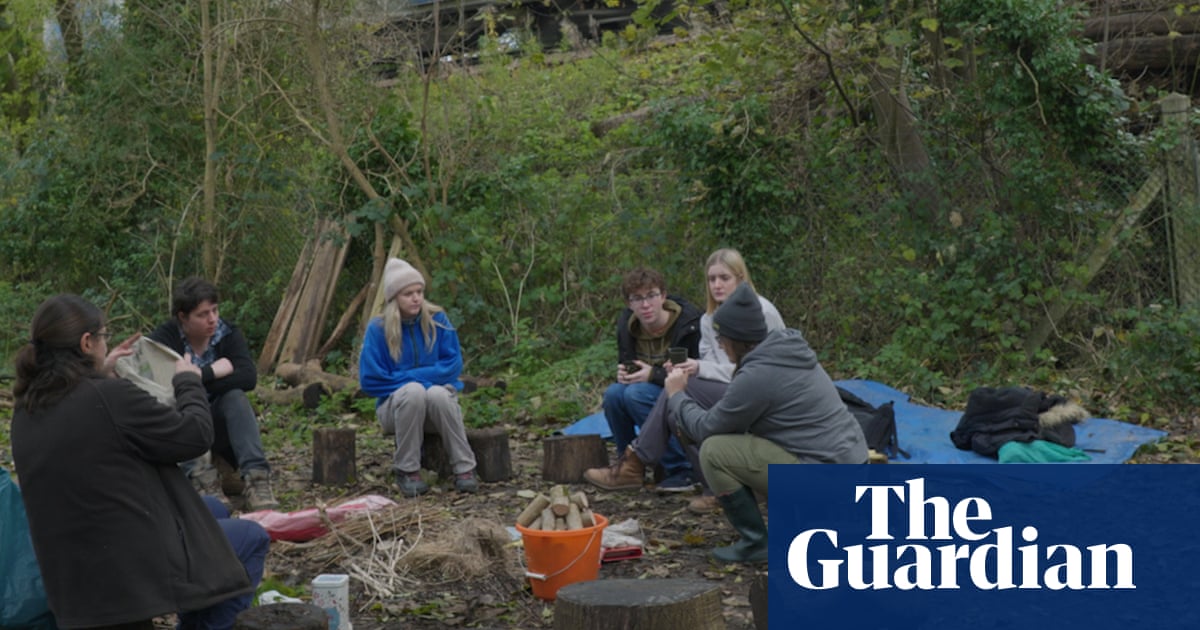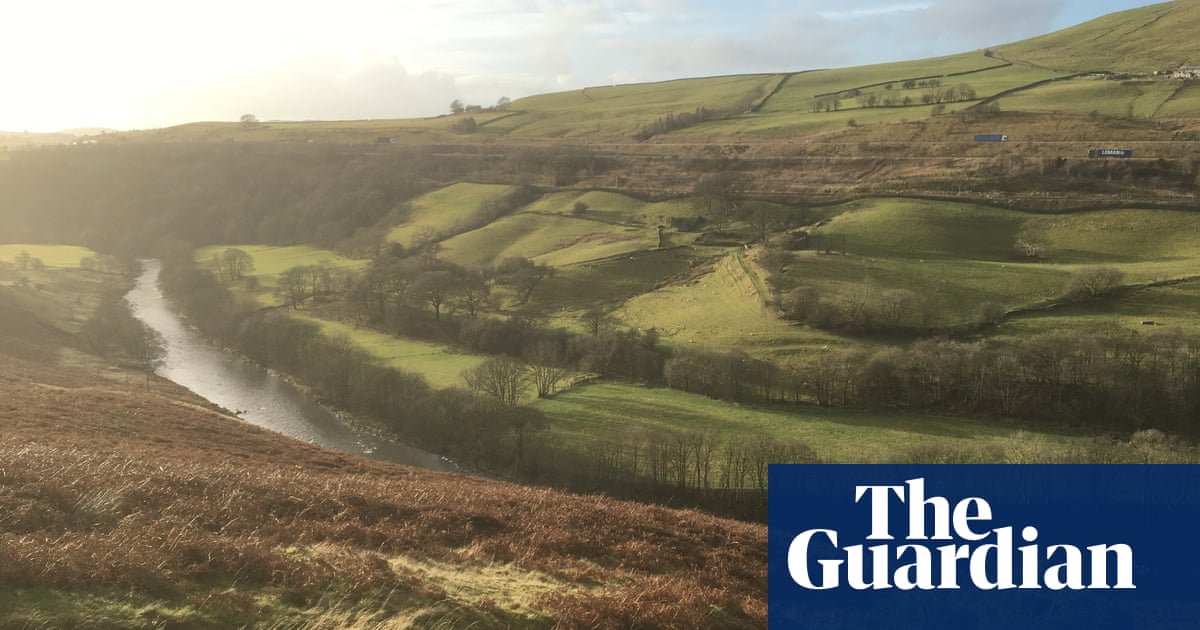
In the aftermath of her decisive victory in New Zealand’s general election, a stream of superlatives hailing the rare leadership qualities of the country’s re-elected prime minister Jacinda Ardern went flying around the world.
In these times when good leadership is in short supply, Ardern is a breath of fresh air. She combines governance and political skills, humanity, honesty and steely determination, all in the right dosage. Her magnanimous, inclusive and forward-looking response to Labour’s victory was further testimony to this. She could not conceal her justifiable joy at her party’s best showing for almost 50 years, let alone its being the first party to win an outright majority since the country introduced a new electoral system in 1996; but her speech was not one bit triumphalist, and did not underestimate the challenges the country is facing.
Ardern does inclusivity like no one else in contemporary politics. It comes across as genuine and natural, and so generates trust. She opened her victory speech at Auckland’s Town Hall with a greeting in Te Reo Maori, the indigenous language of New Zealand, reaching out from the very start to those who were robbed by colonialism of their land, their identity and in many cases their lives. The message here, as in all her interactions with New Zealanders, is one of embracing the mosaic that makes up her society, while directly tackling controversial issues past and present.
New Zealanders didn’t vote en masse for the Labour Party, and specifically for Ardern, just because she projects humanity in abundance, but also for her political, social and economic agenda, and how skilfully she executed it in her first term. In a fortunate coincidence, on the same weekend as the general election one of the biggest games in rugby union, the second of the four-match Bledisloe Cup competition between New Zealand and Australia, was taking place in front of 46,000 passionate fans at Eden Park in Auckland. The All Blacks’ convincing win was almost secondary to the fact that elsewhere and worldwide, because of the coronavirus pandemic, almost all sports events were taking place behind closed doors with no supporters to cheer on their teams, while Eden Park was packed to near capacity. It was testimony to how New Zealand’s government has dealt with the pandemic, leaving the country virtually coronavirus free. Led by Ardern, ministers didn’t hesitate to take immediate tough measures; there was no pandering to ill-informed public opinion or to vested interests, and no false optimism.
Led by Ardern, ministers didn’t hesitate to take immediate tough measures; there was no pandering to ill-informed public opinion or to vested interests, and no false optimism.
Yossi Mekelberg
The coronavirus deniers and skeptics have disparaged New Zealand’s success in containing and perhaps even defeating the virus, arguing that New Zealand is a small island with a population of just under 5 million. This is a rather pathetic attempt by those who would like to distract us from their failure to show the same leadership qualities in the face of an unprecedented, unfamiliar and elusive viral enemy. Ardern, on the other hand, did what she does best — listened, took on board what she heard, and wasn’t afraid to take tough decisions. First and foremost her government’s response was science based. Early on, when the number of proven positive cases was still minuscule, it introduced strict travel restrictions and a nationwide lockdown. This was crucial for a country that earns more than one fifth of its foreign exchange from tourism. It was a bold and timely decision, though not hugely popular. Ardern then demoted her health minister for breaking the lockdown when he took his family to the beach. “I expect better,” she said, “and so does New Zealand.” A range of measures was introduced to support both individuals and the economy, including a wages subsidy and a rent freeze, while equally important was the empathy expressed for every loss of life from the virus; a face and a name were given to every victim of this deadly pandemic, instead of treating them as just another statistic.
Empathy is deeply embedded in Ardern’s character, and it brings her close to her people and enhances their trust in her. This was demonstrated most poignantly and effectively in the aftermath of the March 2019 terrorist shootings at two mosques in Christchurch, when an Australian white supremacist murdered 50 people and wounded dozens of others. Ardern’s response was the epitome of empathy. One could tell the genuine grief she felt in her interactions with the families and friends of the victims, and her sense of responsibility as the country’s leader, especially to many who had sought refuge from persecution in her country but instead had found death because of a blind hatred of their Islamic faith. The visits to the mosques, the hugging of family members and friends of the victims, and wearing a headscarf during these visits as a mark of respect, while refusing to name the perpetrator in her speeches and referring to him only as a terrorist, relayed what she wanted to make clear to everyone — that on her watch, intolerance would not be tolerated. The nationwide broadcast of the Friday call to prayer was another fitting response to the bigots who oppose Ardern’s diverse and inclusive social vision. But if empathy is one of her strengths, her decision in the immediate aftermath of the Christchurch attacks to ban the possession of assault rifles and military-style semi-automatics showed that there is always a translation of her values and world view into concrete policies.
In her first three-year term in office, Ardern introduced a full agenda that reflected who she is as a young woman, as a social democrat, as a New Zealander, and above all as a humane person. Her current agenda ranges from environmental issues (her government has already banned single-use plastic bags) to gender sensitivity (from next year sanitary products will be free for young women in school, in a bid to eradicate “period poverty”).
Ardern once said that she joined Labour at 17 because she cared about child poverty. All these years later, with growing political maturity, she remains true to the roots of her core social beliefs, maintaining her great gift of being able to relate to people without flinching from taking tough decisions. It is for these reasons that New Zealanders have entrusted their future to her safe hands.
Yossi Mekelberg is professor of international relations at Regent’s University London, where he is head of the International Relations and Social Sciences Program. He is also an associate fellow of the MENA Program at Chatham House. He is a regular contributor to the international written and electronic media. Twitter: @YMekelberg
Disclaimer: Views expressed by writers in this section are their own and do not necessarily reflect Arab News" point-of-view












